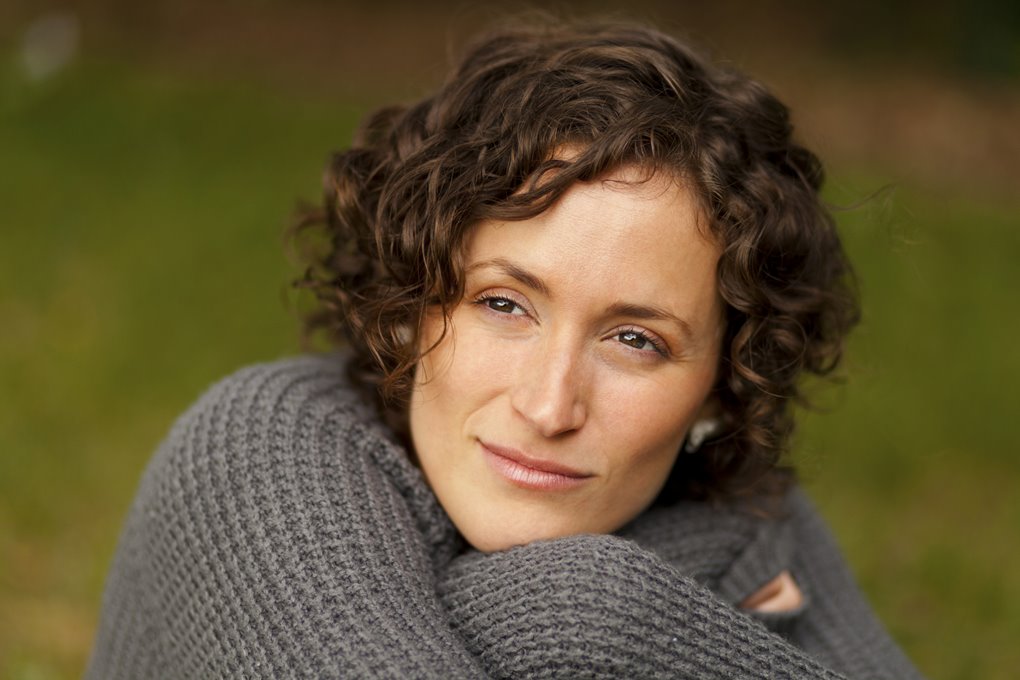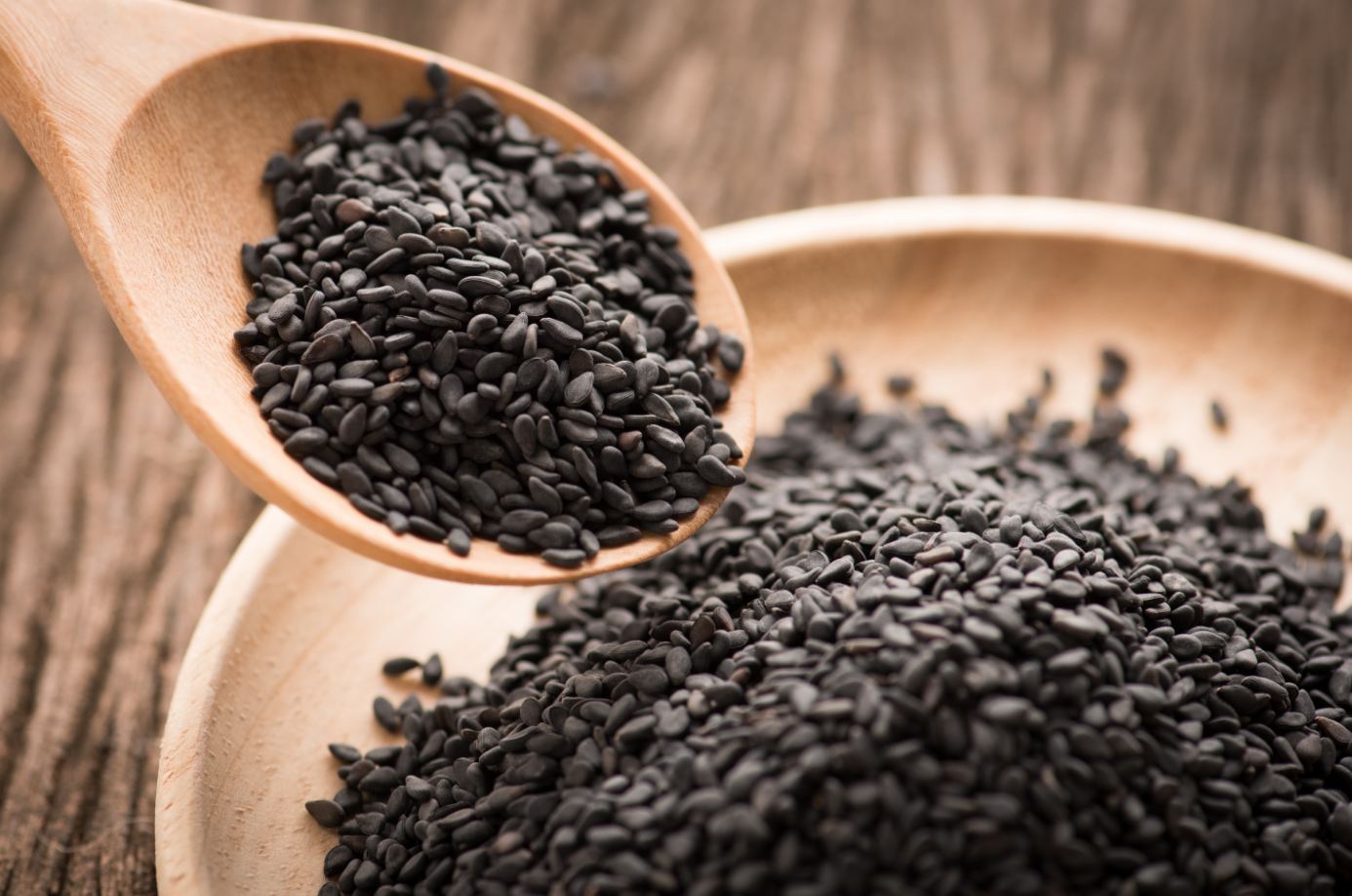Hair thinning is always confused with baldness, which is widespread hair loss. While hair thinning may eventually lead to hair loss. They are not necessarily the same thing. Hair thinning can be caused by lifestyle habits, genetics or certain medical conditions. Usually it is normal for a person to lose 50 to 100 hairs per day. If the person lose more than this, that means he may shed more than he should.
Causes of Hair Thinning
There are many reasons to cause thinning hair. Following are some common causes.
If a person often over treat his/her hair such as color treatments, perms and relaxers, he may suffer hair thinning. Some people often use harsh hair products, such as extreme-hold hair sprays and gels, their hair may be thinner and thinner. Individuals don’t get enough iron, folic acid and other minerals in their diet, which help follicles produce hair naturally. If people have family history of baldness, they may have this type of hair thinning or hair loss. Hair thinning can also be caused by wearing hair up too tightly, experiencing uncontrolled stress, having a baby recently, stopping birth control bills, losing weight and getting skin infection.
Treatments of Hair Thinning
1) Lifestyle Habits:
It is much easier to prevent hair thinning than promote new growth. Individuals should avoid tight hairstyles such as braids, buns or ponytails and also avoid compulsively twisting, rubbing or pulling their hair. They should treat their hair gently when washing and brushing and also protect their hair from sunlight and other sources of ultraviolet light. Hot rollers, curling irons, hot oil treatments and permanents should also be avoided.
2) Medications:
Drugs can be used for people who have inherit of hair thinning or hair loss. OTC medications that contain an minoxidil(Rogaine) generally consist of topical creams and gels which can be applied directly to the scalp. However, there is side effects of minoxidil such as scalp irritation and hair growth in adjacent areas. Oral medication finasteride (Propecia) can be taken for men who have hair loss which can slow hair thinning and loss. Rare side effects of this medication include diminished sex drive and impaired sexual function.
3) Laser Therapy:
It is typically used by dermatologists and other skin specialists. Now, the FDA has cleared the way for some products to be used at home. At-home laser therapy for hair is intended to help regrow your hair while also making it thicker. The results can take several months to take effect.
4)Scalp Massage:
Perhaps the cheapest method of getting thicker hair is a scalp massage. It doesn’t cost anything, and there are no side effects. When you wash your hair, gently apply pressure with your fingertips around your scalp to encourage blood flow.
5) Special Shampoos:
These shampoos provide volume for your hair, so it looks thicker. It is helpful for people who have thinning hair. Shampoos for thinning hair or hair loss also contain vitamins and amino acids that promise a healthier scalp to generate more hair over time.
6) Nutrition:
People can get the right type of food for good health and growth. The following nutrition can help follicles generate new hair. They may contain multivitamins, folic acid supplements, biotin and omega-3 and omega-6 fatty acids.
7) Surgery:
Hair transplant surgery involves moving small plugs of skin, each with a few hairs, to bald parts of your scalp. This works well for people with inherited baldness since they typically lose hair on the top of the head. Because that type of hair loss is progressive, you would need multiple surgeries over time.


